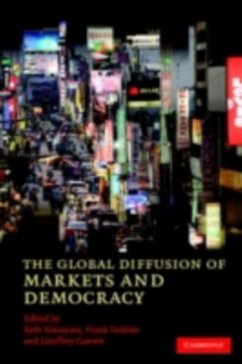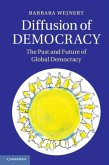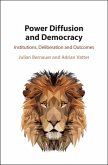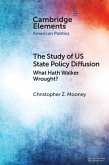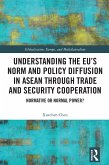The diffusion of markets and democracy around the world was a defining feature of the late twentieth century. Many social scientists view this economic and political liberalization as the product of independent choices by national governments. This book argues that policy and political changes were influenced heavily by prior actions of external actors: not just other governments, but international organizations and communities of experts. Drawing together insights from economics, sociology, political science and international relations, the contributors focus on four mechanisms by which markets and democracy have diffused through interdependent decision-making: coercion and the impact of powerful countries and international actors; economic competition for markets and investment; learning from experiences of other countries; and emulation among countries. These mechanisms are tested empirically using sophisticated quantitative techniques in areas as diverse as capital account and investment policy, human rights and democratization, and government downsizing, privatization and taxation.
Dieser Download kann aus rechtlichen Gründen nur mit Rechnungsadresse in A, B, BG, CY, CZ, D, DK, EW, E, FIN, F, GR, HR, H, IRL, I, LT, L, LR, M, NL, PL, P, R, S, SLO, SK ausgeliefert werden.

